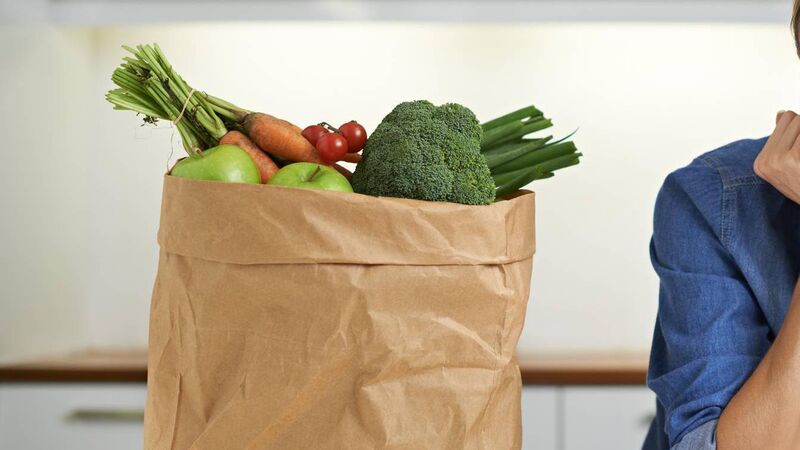Ireland's first 'social supermarket' could transform lives of those using Limerick's food bank

A social supermarket could be "transformative", with economic as well as health and social benefits, says Dr Lorcan Byrne of Limerick Institute of Technology, and a Simon Mid-West board member.
Simon Mid-West wants to develop the country's first 'social supermarket', claiming it could transform the lives of the rising number of people already availing of its food bank in Limerick.
The organisation has seen the number of people using its food bank rise from 4,261 in 2018 to 4,876 now - with more than 60% of that number children.










